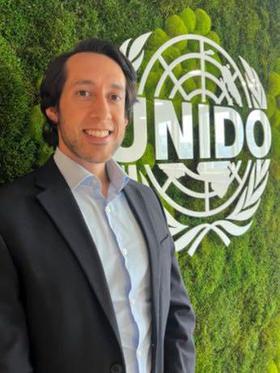As clean energy transitions accelerate, integrating technological innovation and leveraging private sector investment into demonstration projects requires a robust risk management approach. Ensuring that these projects are both sustainable and inclusive is critical to achieving long-term socio-economic and environmental benefits.
Approximately 35% of the emissions reductions needed to achieve a global net-zero scenario by 2050 must come from technologies still in the demonstration phase (IEA, 2023). This highlights the urgency of accelerating the commercialization of innovative clean energy solutions through scalable "lighthouse" demonstration projects with catalytic impacts. To ensure their success and long-term sustainability, these projects must be investment-ready and designed to integrate inclusive approaches that consider the needs of both ecosystems and communities, fostering equitable and widespread adoption.
This pre-forum event at ACEF will explore at a practical-level, drawing on success stories, how environmental and social safeguards, and social inclusion strategies and action plans, serve as essential de-risking tools in investment decisions for clean energy demonstration projects to enhance investment readiness, improve project bankability and enable scalable clean energy solutions in the Asia-Pacific region. The session will also highlight how innovative financing mechanisms, such as blended finance, public-private partnerships (PPPs) and guarantees, can unlock private sector investments in innovative clean energy technologies whilst prioritizing equity, inclusion, gender equality and local development.









